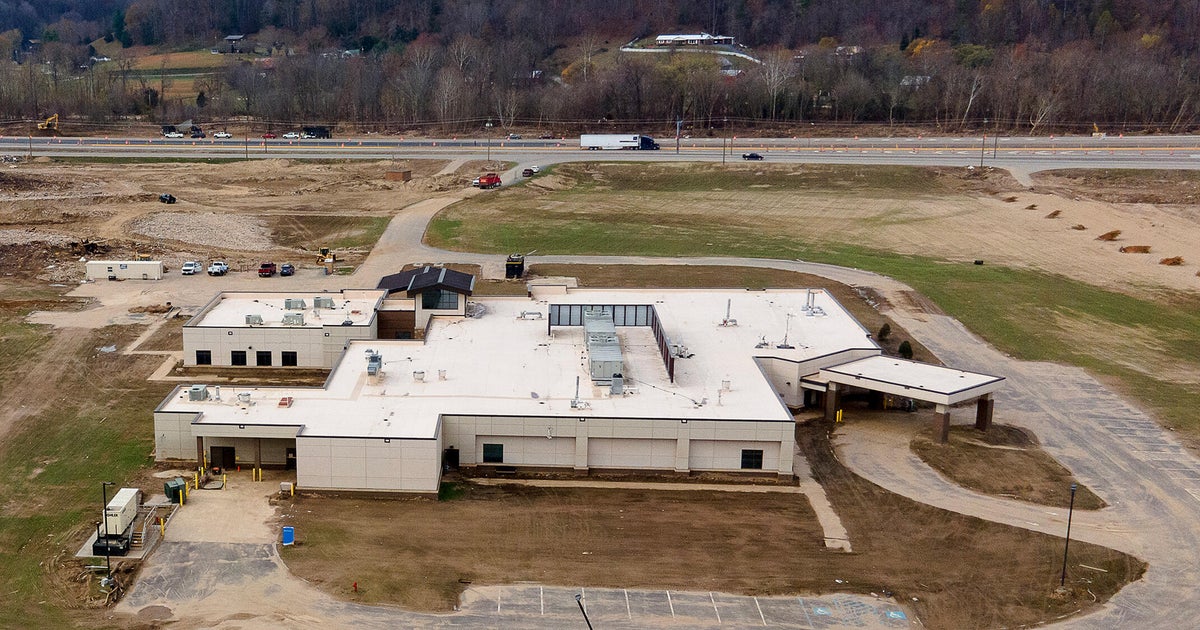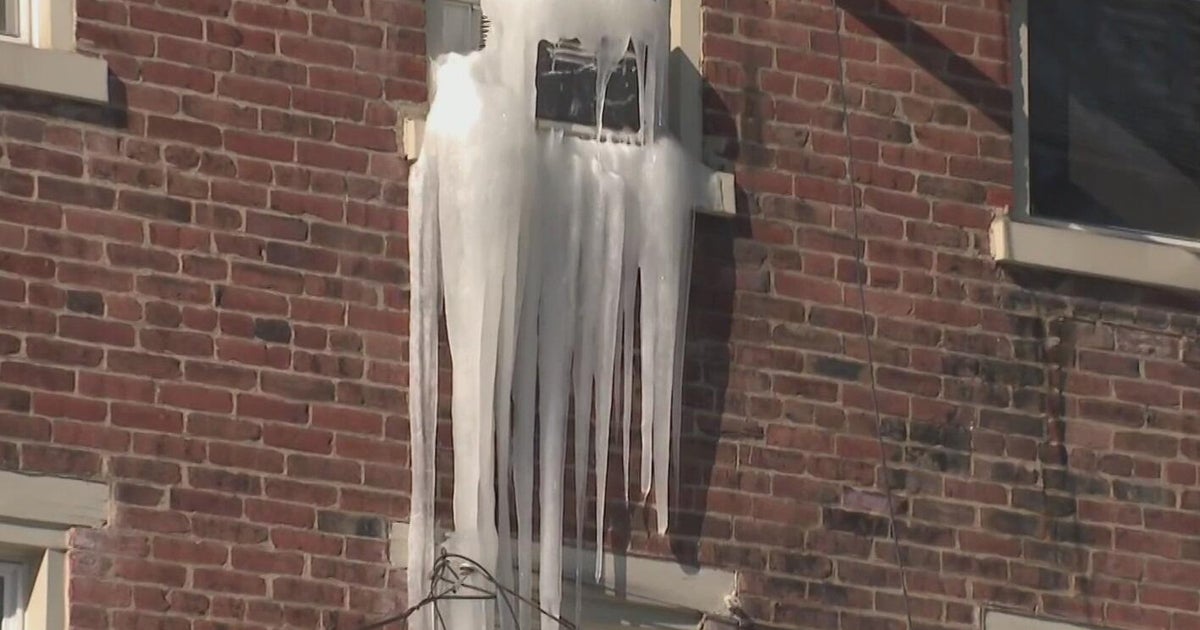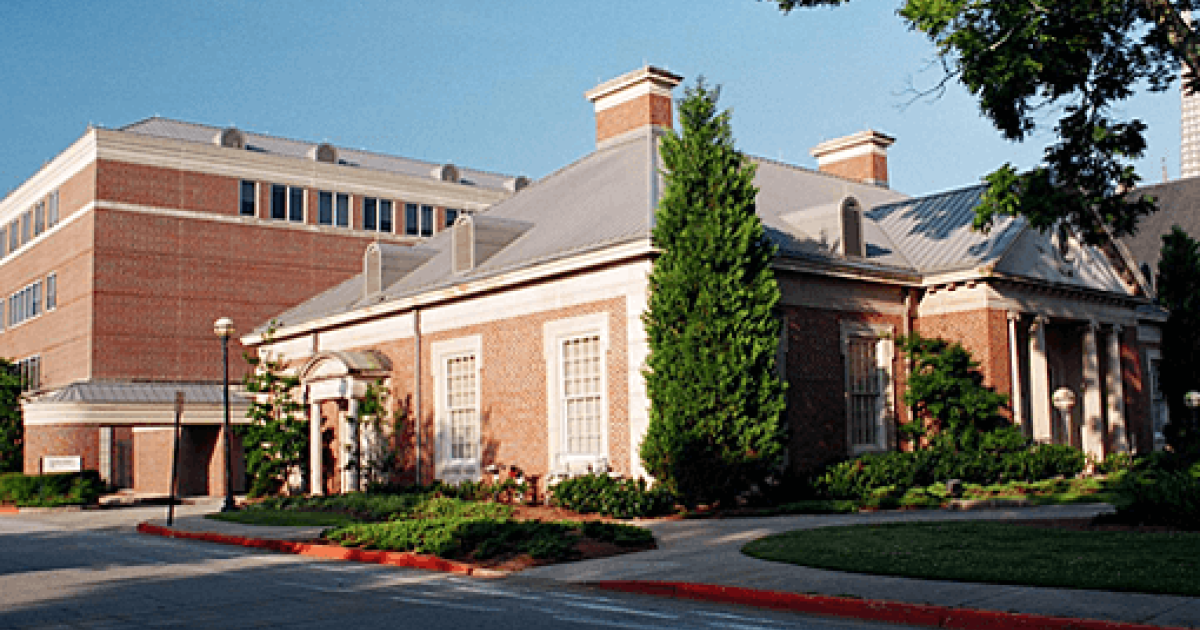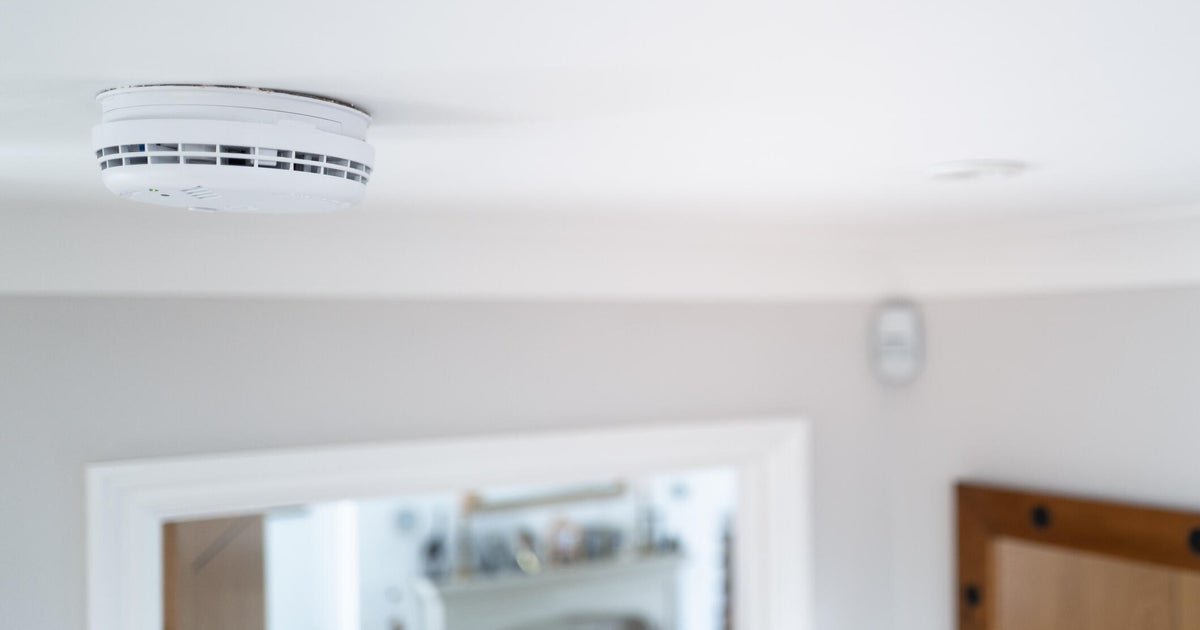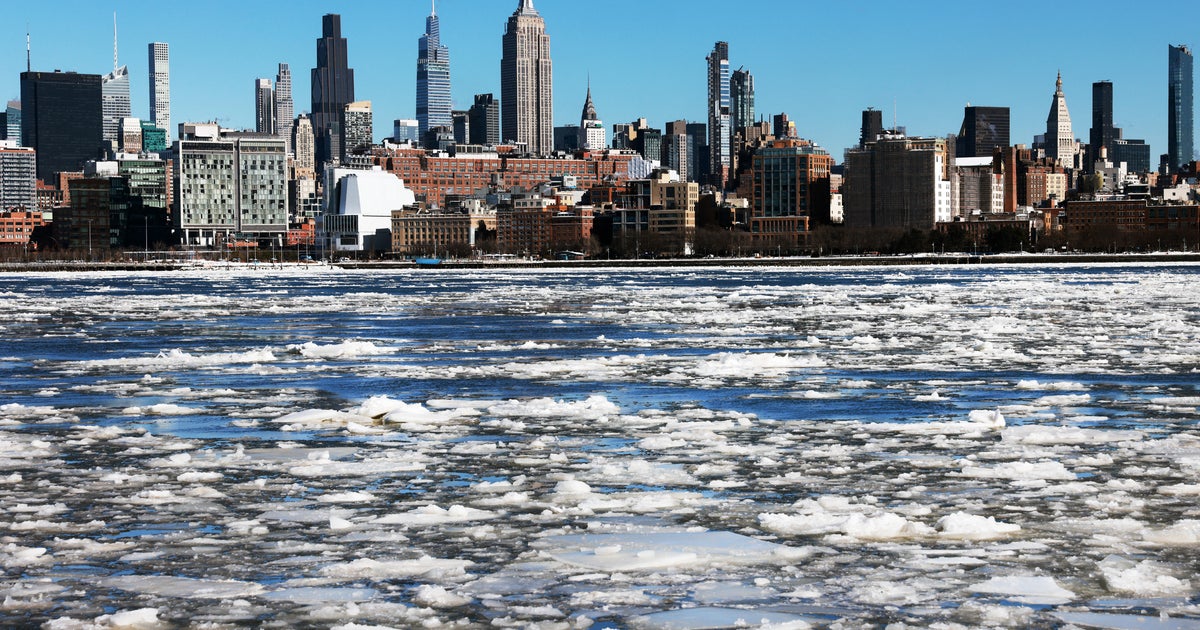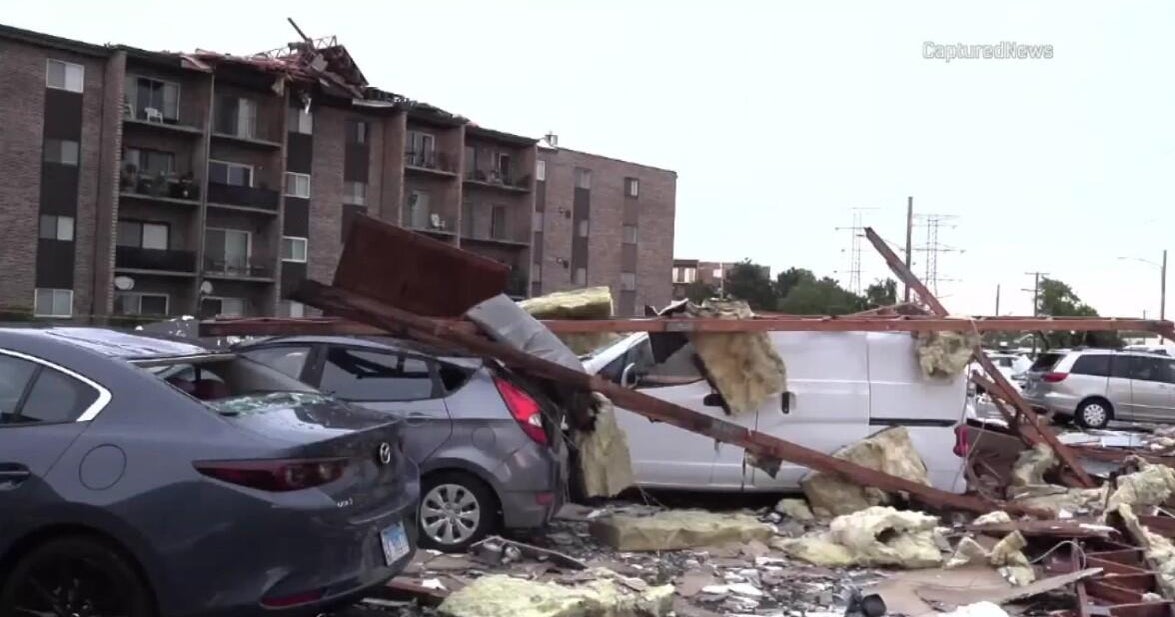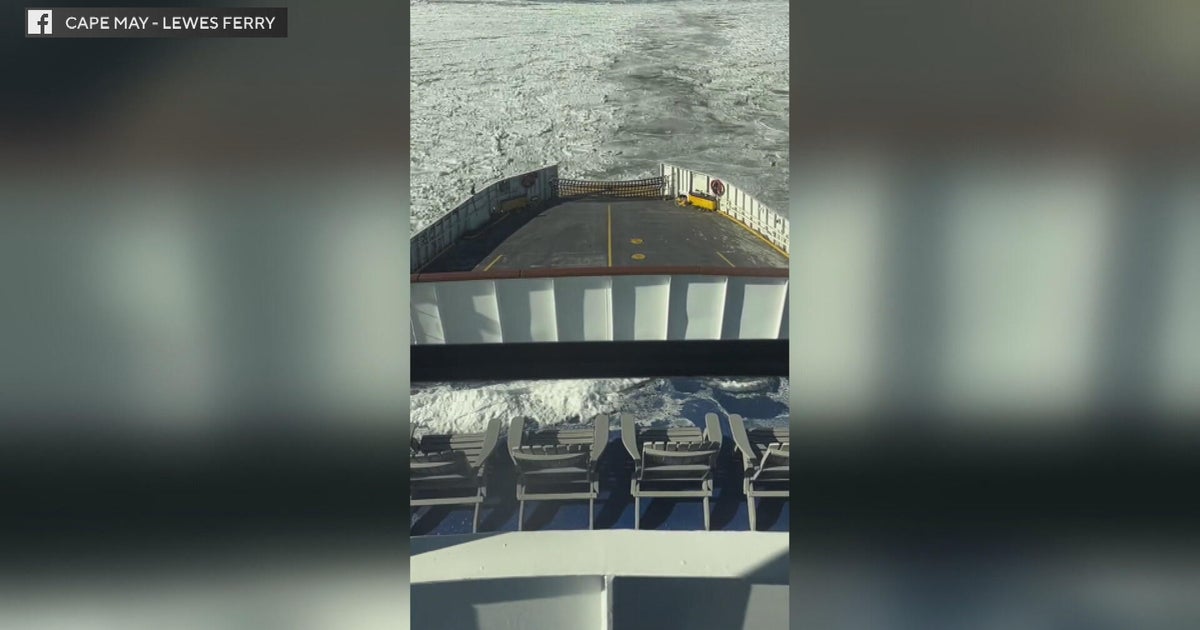Protecting Your Home
(CBS4) – Protecting your home from hurricane force winds has become easier than ever before, now that all shutters, impact-resistant windows, doors, and garage doors that have Miami-Dade County approval after September 1994 are made to protect homes from destructive winds.
If they are legal, they are strong. Check with your county's Building and Zoning Department to be sure that the products you are buying have been approved.
If you protect EVERY opening in your house with shutters or impact-resistant windows that meet the CURRENT building code, your house stands a very good chance of surviving a hurricane.
Shutters come in several styles. If you live in a condo or townhouse community, your association is required by Florida law to allow residents to install shutters. Each association, though, can require a particular style, and you will probably have to apply to your board of directors for a variance to install them. Check with your association before you buy your shutters.
Impact-resistant windows with the 20 X20 glass; made out of a polycarbonate (plastic) or a sandwich of glass and plastic are cheaper than ever. Be aware, however, that both the frame and the window will have to be replaced after a hurricane, so you might want to consider shuttering those as well. They will provide you excellent protection if you are away from home and provide protection against intruders, but they will be expensive to replace after they are bashed by flying debris in a significant storm.
Every shutter, door, garage door, window, skylight, and awning that was sold in South Florida before the new building code went into effect in September 1994 does NOT meet the new code.
Your insurance company is required, in most cases, to give you a discount if your house is protected by shutters or impact-resistant windows and doors. You may NOT get a discount, though, if these products do not meet the current code.
Entry doors, especially French and double doors, are weak points. Be sure to shutter them.
Older garage doors need special attention. It may be less expensive to install new garage doors that meet the current code than to shutter and brace older ones. If you can't do that, you can strengthen your garage door from the inside by making a double 2 X 4 brace and attaching it to the floor and the beam above the door. This will help, but it can't make your older garage door as strong as code-approved new ones.
Glass sliding doors sold before the new code may blow out, even if they are shuttered properly. If you can't replace them with new ones, you can brace them with 3 2 X 4 boards cut to fit tightly between the door and the frame. Put one board at the top, another at the bottom, and a third horizontally in the center of the door.
Window film can add strength to window glass, but the window can still blow in if it's hit by debris. Film works best when used in combination with shutters. Film is also a good option for windows that can't be shuttered. Be sure you are getting film designed for hurricanes, however. All film tend to look alike; however, not all film is designed to add significant strength to windows.
Plywood is the LAST option. HOMEMADE PLYWOOD SHUTTERS DO NOT MEET THE BUILDING CODE. They are difficult to store and warp easily in our humid climate. They must be attached with the proper bolts, and they are time-consuming and difficult to construct and install. Because you may have to replace all or most of them every few years, they can end up costing more in the long run than steel panels. Improperly installed plywood panels will do you no good and could even do damage if they come off in the wind.
Advantages/Disadvantages:
- Steel Storm Panels: The cheapest shutters. Solid protection. Hard to install in a wind. Not good for second stories. Heavy.
- Aluminum Storm Panels: Lighter than steel. Easy to install. Medium-priced option. Different models perform differently. Read the fine print of the model you choose.
- Accordion or Roll-up Shutters: There all the time. Easy to close at the time of a storm. Good for large windows Very expensive. Some people don't like seeing the shutters year-round.
- Polycarbonate Impact-resistant Windows: Full-time protection for security, tornadoes, or when you are out of town.Will not break. Expensive if you don't need to replace your windows.
- Glass-plastic-glass Impact-resistant Windows: Full-time protection. Made of real glass. Glass breaks when hit, but plastic will not be penetrated. Expensive to repair if glass breaks.
- Window Film: It's there all the time. Tint your windows to limit the heat coming into the house. You have to trust your salesman since cheap film looks like strong film. Only strengthens the glass, not the window structure.
- Plywood: You can do it at the last minute, but you may do more harm than good if you don't secure the boards extremely well. Does not meet the code. About the same price as steel storm panels, especially taking into account the amount of work necessary to do the job properly and deterioration.
